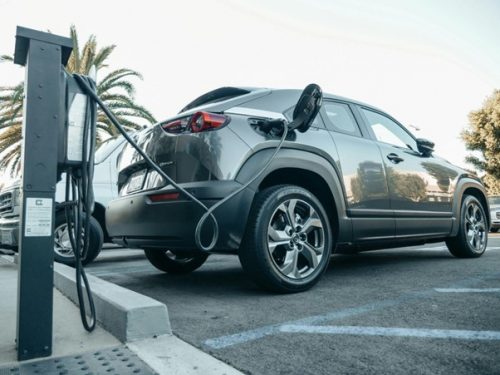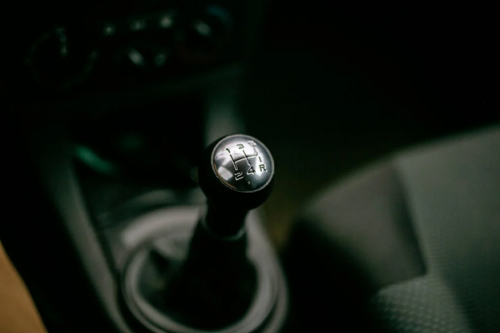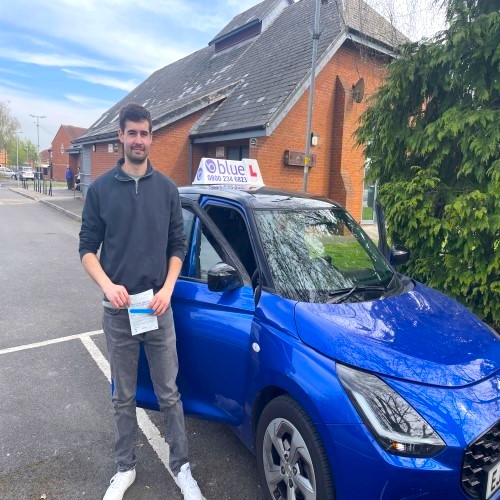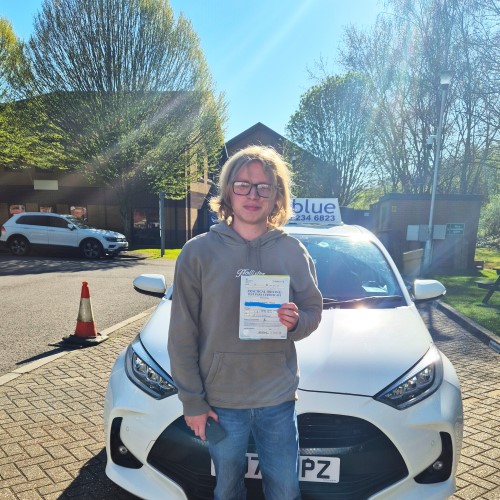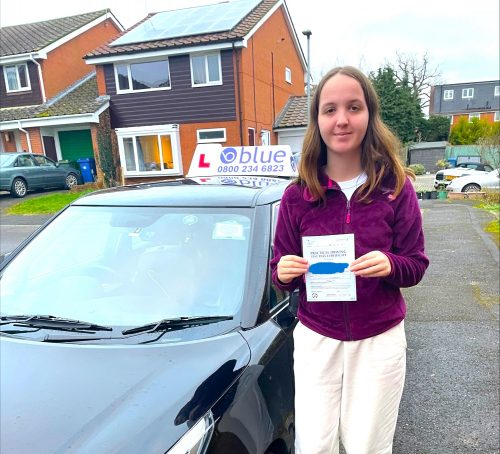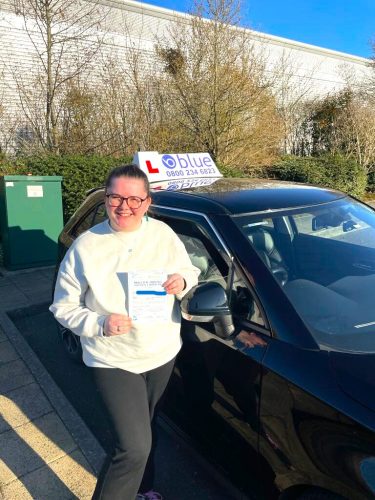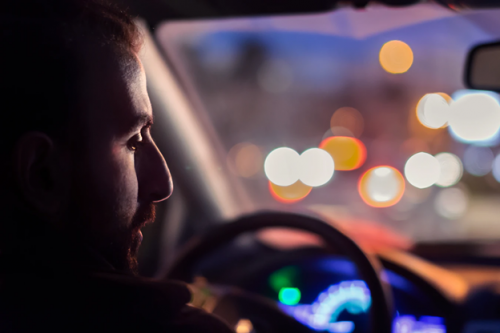
The Lasting Mental Health Effects of Car Accidents and Why It’s Important to be Aware of Them
Posted in: Driving Tips, News.
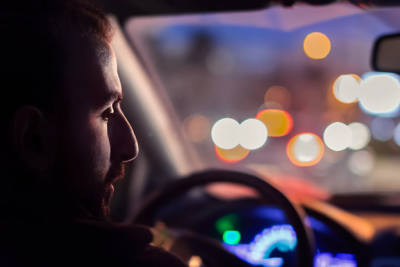
The Lasting Mental Health Effects of Car Accidents and Why It’s Important to be Aware of Them
Unfortunately, as much as the auto industry has worked to combat injuries during car accidents, some accidents have long-lasting effects that significantly impact a person’s life. Not only can car accidents create physical and financial harm, but they can also harm your mental health. All of these can have lasting effects, but if left untreated, the mental scars of a car accident can lead to post-traumatic stress disorder (PTSD).
Many of us are familiar with the protocol following a car accident, such as ensuring the physical safety and financial obligations of both parties. However, the mental health consequences of car accidents are oftentimes left unaddressed. The negative mental health effects that car accidents can create can be difficult to navigate, but especially so if someone feels as though they don’t have resources to help them cope.
Learning how to address the mental health concerns post-accident is important to help people find the ability to recover and move on with their life, without fear, stress, or serious mental health disorders such as anxiety, depression, or PTSD.
Car Accidents Can Lead to PTSD
PTSD has gained quite a bit of attention over the last couple of decades as experts work towards more clearly understanding the lasting mental effects of war on veterans. This has helped more than just veterans though considering that mental health experts are not only able to better assist those with PTSD but it’s also shed more light on other mental health issues such as depression and anxiety as these can be common symptoms of PTSD. However, there are still several misconceptions about PTSD, which can put people at risk.
You don’t have to witness war in order to develop PTSD. Trauma, a near-death event, or extreme grief can all lead to the development of PTSD. And vehicle accidents, particularly those with injuries, can often create all three of these situations. Unfortunately, many nonveterans with PTSD might be less likely to open up and get help as they’re unaware of how the disorder can still arise outside of combat.
While studies and resources for treating post-traumatic stress disorder in nonveterans are somewhat lacking, there are still options for those needing help after an accident. It’s imperative if you’re experiencing PTSD symptoms after an accident that you don’t ignore them and instead seek help from friends and family as well as counselors or support groups. Some therapists specialize in nonveteran PTSD as well. Both drivers and passengers alike can develop PTSD, but they don’t have to weather the disorder alone, especially if we continue to bring more awareness to PTSD in nonveterans.
The Effects of Dystychiphobia
Another negative mental side effect of experiencing a car accident is the development of Dystychiphobia, which is the excessive fear of having an accident and often leads to a fear of driving. This phobia, like PTSD, can greatly impact a person’s everyday life. The intense fear of driving can cause people to turn down job offers and miss other career opportunities if driving is involved. People can avoid their friends and social events for the same reason.
Sometimes, the fear of driving can be so overwhelming that people struggle to function at school or at home. Additionally, this phobia can have physical effects including symptoms such as breathlessness, shaking, heart palpitations, or the inability to speak. Therapy and professional assistance are recommended for those who develop Dystychiphobia after a car accident, as excessive stress can be harmful to your health.
Do What You Can to Be Prepared
Beyond being more aware and informed on the lasting mental health effects of car accidents, keeping the right items in your car can ensure you’ll be ready if an accident does occur. Being prepared can potentially lessen the effects of trauma by reducing the chances of serious injuries and generally can just give you peace of mind.
There are several essential items, all of which will help you in many ways if the unexpected happens. Some notable items you should keep your car just in case include:
- First-Aid Kit: This might seem obvious but many people surprisingly don’t have a first-aid kit in their cars. While first aid kits mostly help with minor injuries, a well-stocked kit, such as one that includes a blanket and a rubber tourniquet, can be used to help those injured while waiting for help to arrive after an accident.
- Auto Escape Tool: Whether your seatbelt jams or your car is submerged underwater, having the right tools such as seatbelt cutters and window breaks can save your life in the case of a serious accident.
- Road Flares: There are many situations where having a road flare can help. Your cell phone might not survive the accident or you could be somewhere rural where it’s difficult to spot you after the accident. The sooner help can reach you after an accident the better so make sure you always have a backup plan to get people’s attention should you need to.
While accidents can happen at unpredictable times, you can get ahead of potentially dangerous and traumatic situations by stocking your car with accident essentials. Being well-prepared might not completely diminish the negative mental effects of an accident, but you can potentially lessen the severity of these negative effects by being well-equipped for several situations.
Bringing awareness to lasting mental effects car accidents can have is a great first step towards helping people recover from past accidents and hopefully, cope with future ones. It’s also important to be as prepared as possible by making sure our vehicles have all the accident essentials. And of course, safe driving practices, whether you’re a new motorist or a long-time driver, can also help keep people safe as we all share the road.
Tags: The Lasting Mental Health Effects of Car Accidents and Why It's Important to be Aware of Them






